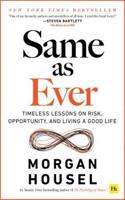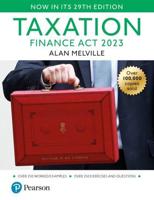Publisher's Synopsis
Many older Americans today are poorly prepared to finance their retirement years, and such under-preparedness is especially acute for members of disadvantaged racial and ethnic minority groups. Black and Hispanic families, for example, have only a quarter of the amount of net private wealth (assets minus liabilities) compared to White families. Moreover, racial wealth gaps have not diminished much in the past four decades, in part because Whites tend to save more in and withdraw less from employer-sponsored retirement plans than do their Black and Hispanic counterparts. The studies herein provide a range of perspectives on the causes and consequences of retirement wealth inequality, along with suggested opportunities to close the gaps. The contributors explore new datasets, analyze historical trends in income and wealth disparities, and evaluate alternative wealth and inequality measures. They also evaluate the roles of differential access to financial, housing, and human capital, and the role of the social security program. While the latter is a great equalizer, narrowing racial gaps considerably, the program faces insolvency and, without reform, it will be unable to pay full scheduled benefits within a decade. This is an open access title available under the terms of a CC BY-NC-ND 4.0 International licence. It is free to read at Oxford Scholarship Online and offered as a free PDF download from OUP and selected open access locations.









